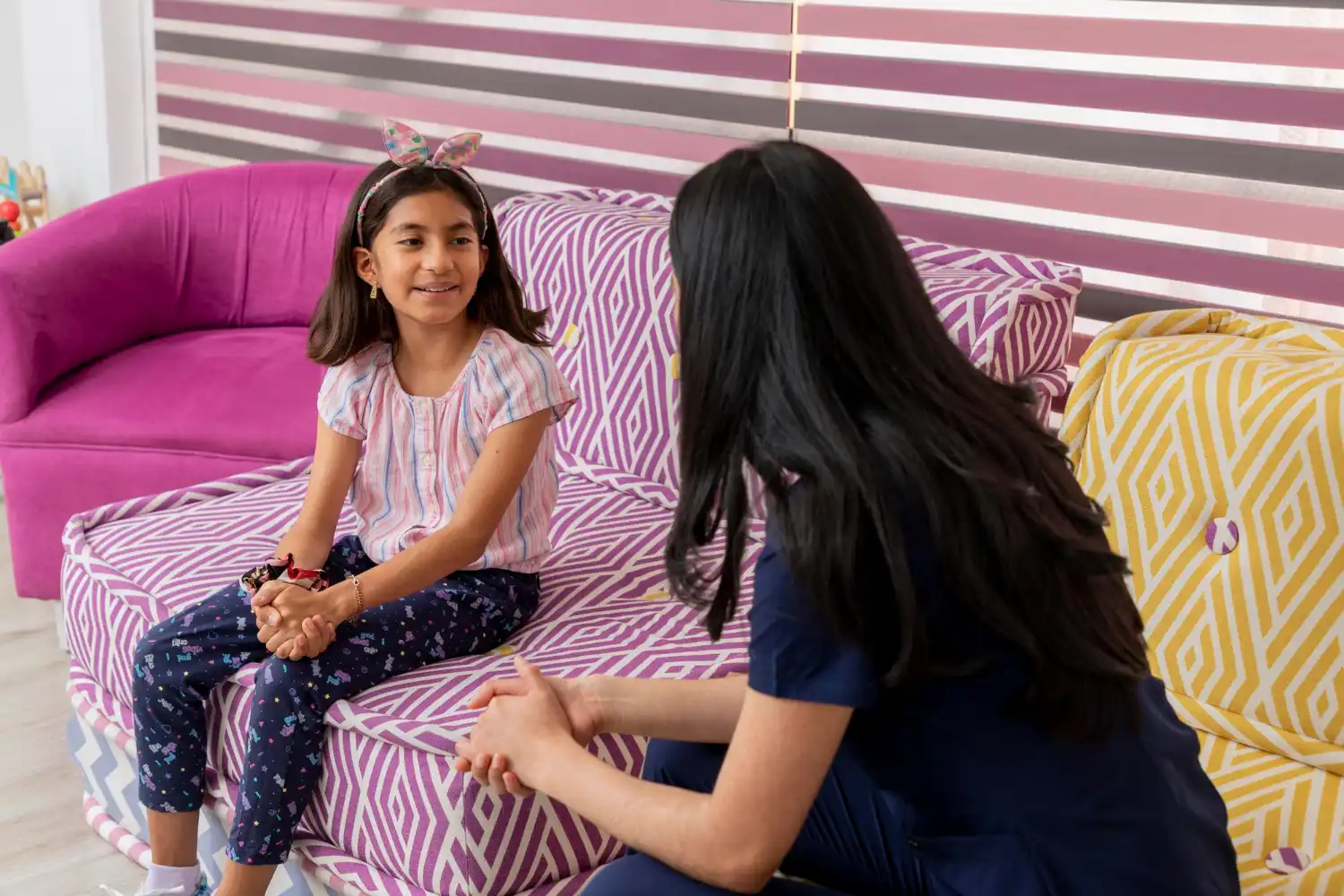Child psychotherapy is a specialized therapeutic approach aimed at helping children (ages 3-18) understand and manage their emotions, behaviors, and thoughts. Unlike adult therapy, which relies heavily on verbal communication, child psychotherapy often incorporates play therapy, art therapy, behavioral therapy, and cognitive-behavioral therapy (CBT) to engage children and facilitate emotional expression. These techniques provide children with a safe space to process difficult experiences, improve emotional regulation, and develop healthier coping mechanisms. Family therapy may also be involved to address family dynamics and improve communication and support at home.
The importance of child psychotherapy lies in its ability to help children navigate challenges such as trauma, anxiety, depression, and behavioral problems. Children may struggle to articulate their feelings, but therapies like play and art therapy allow them to express emotions nonverbally, helping therapists understand their emotional state. Therapy promotes emotional development, teaches coping strategies, and can improve behaviors by addressing the underlying emotional distress. It is particularly beneficial for children dealing with trauma, grief, family issues, or difficulties in school, offering them the tools to heal and develop resilience.
In child psychotherapy, parents play an essential role by supporting their child’s progress at home and reinforcing coping strategies. While therapists focus on the child’s emotional well-being, parents may attend family therapy sessions and apply therapeutic techniques in daily life. Signs that a child might benefit from therapy include sudden changes in behavior, social difficulties, academic decline, physical symptoms linked to emotional distress, or excessive worry. A collaborative approach between parents, therapists, and children can lead to lasting improvements in emotional health and family dynamics.




